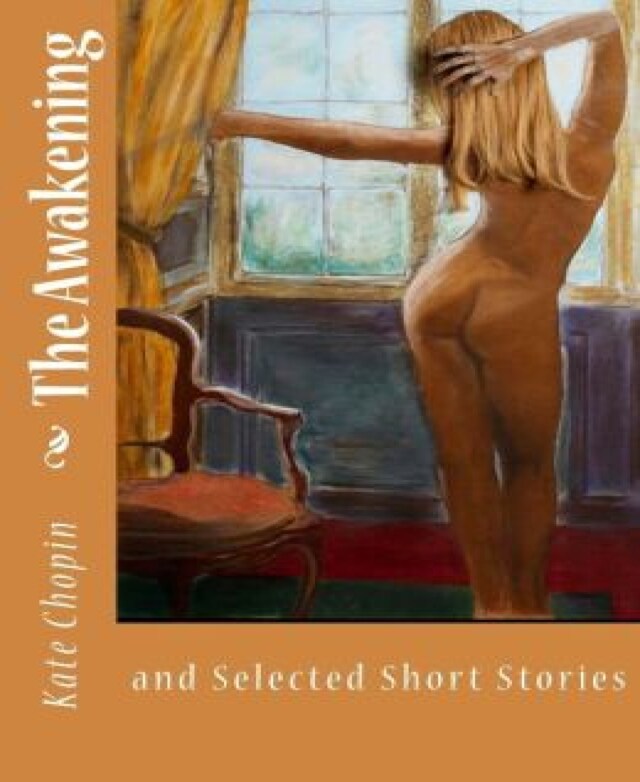
The Awakening and Selected Short Stories
Tietoa kirjasta
The Awakening is a novel by Kate Chopin. Set in New Orleans and the Southern Louisiana coast at the end of the nineteenth century, the plot centers on Edna Pontellier and her struggle to reconcile her increasingly unorthodox views on femininity and motherhood with the prevailing social attitudes of the turn-of-the-century South. It is one of the earliest American novels that focuses on women's issues without condescension. It is also widely seen as a landmark work of early feminism, generating mixed reaction from contemporary readers and criticism. The novel's blend of realistic narrative, incisive social commentary, and psychological complexity makes The Awakening a precursor of American modernist literature; it prefigures the works of American novelists such as William Faulkner and Ernest Hemingway and echoes the works of contemporaries such as Edith Wharton and Henry James. It can also be considered among the first Southern works in a tradition that would culminate with the modern masterpieces of Faulkner, Flannery O'Connor, Eudora Welty, Katherine Anne Porter, and Tennessee Williams. Kate Chopin's narrative style in The Awakening can be categorized as naturalism. Chopin's novel bears the hallmarks of Maupassant's style: a perceptive focus on human behavior and the complexities of social structures. This demonstrates Chopin's admiration for the French short story writer Guy de Maupassant, yet another example of the enormous influence Maupassant exercised on nineteenth-century literary realism. However, Chopin's style could more accurately be described as a hybrid that captures contemporary narrative currents and looks forward to various trends in Southern and European literature. Mixed into Chopin's overarching nineteenth-century realism is an incisive and often humorous skewering of upper-class pretension, reminiscent of direct contemporaries such as Oscar Wilde, Henry James, Edith Wharton, and George Bernard Shaw.
 Kate Chopin
Kate Chopin 199 Sivua
199 Sivua